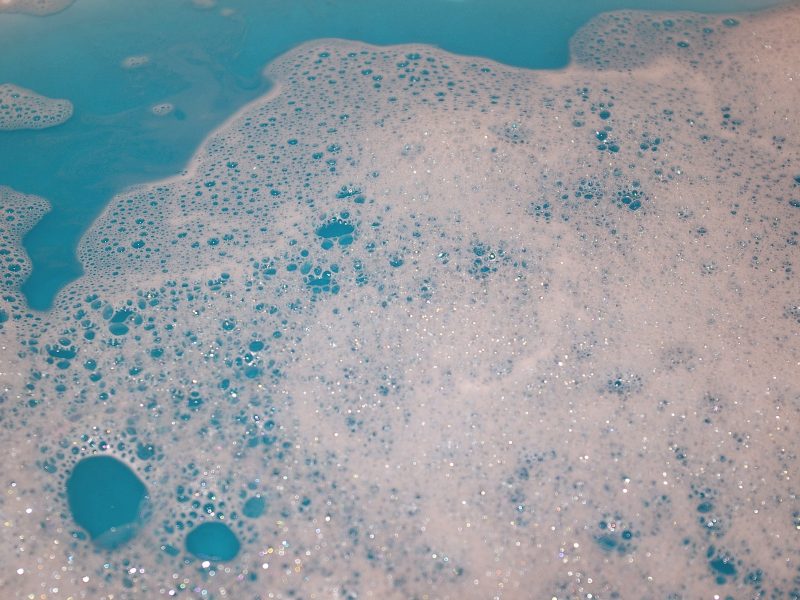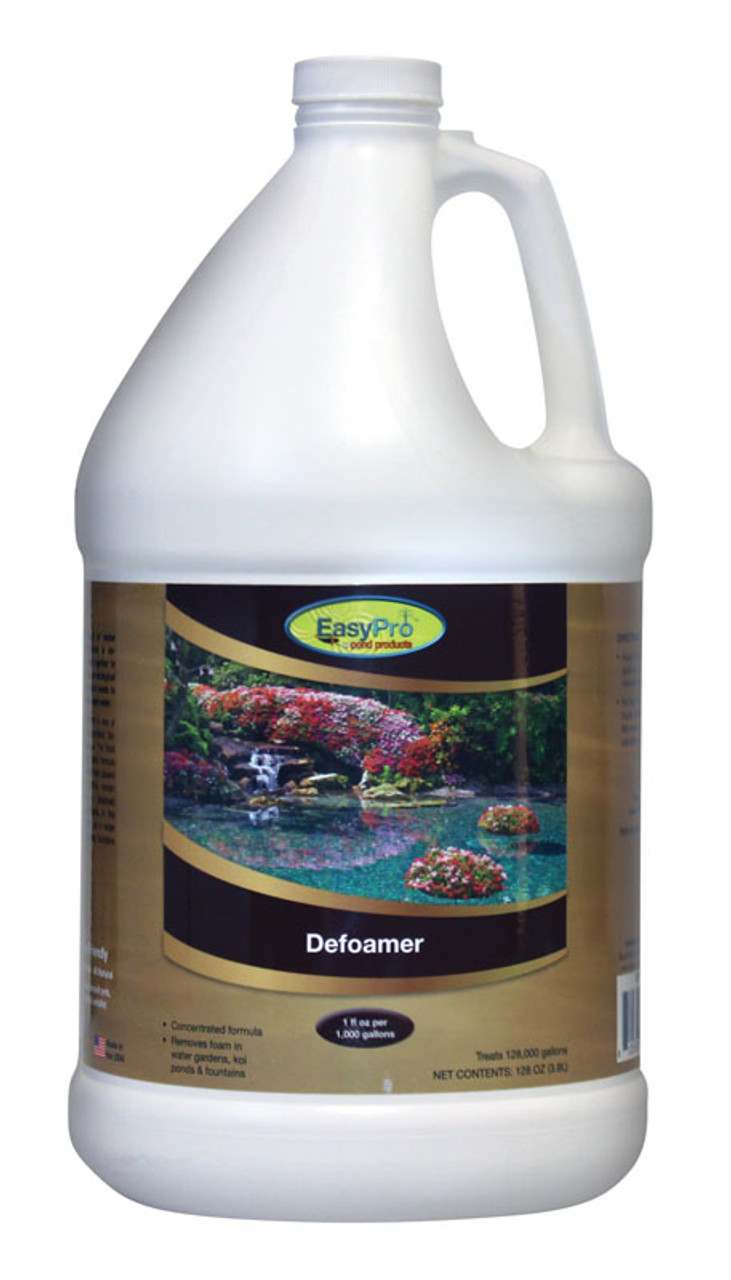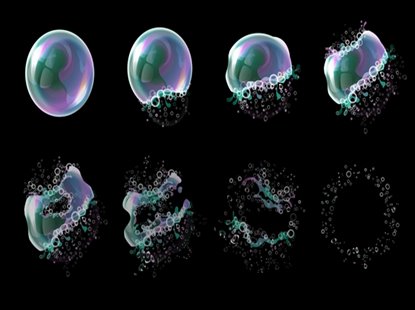Benefits of Using Defoamers to Enhance Operational Efficiency
Benefits of Using Defoamers to Enhance Operational Efficiency
Blog Article
The Duty of Defoamers in Enhancing Product Top Quality and Efficiency
Defoamers offer as important ingredients that minimize this issue, making certain smoother production process while improving the visual and functional attributes of the last items. The selection of the appropriate defoamer can be vital to attaining optimal results, increasing crucial inquiries concerning solution compatibility and efficiency metrics that merit further exploration.
Comprehending Defoamers
Comprehending the function of defoamers is necessary for maintaining product quality across various industries. Defoamers are chemical additives designed to reduce and avoid the development of foam in fluid systems, which can detrimentally influence procedures such as blending, filling up, and surface tension. Foaming can lead to inadequacies, item issues, and endangered visual charm, making defoamers an essential part in producing operations.
In industrial applications, defoamers help to enhance item uniformity and stability. For instance, in the paint and finishes market, foam can disrupt the application process and the last surface. In food and drink production, excessive foam can prevent bottling and packaging performance. The efficient use of defoamers not only ensures smoother manufacturing processes yet likewise adds to remarkable product efficiency.
Moreover, the option and formulation of a defoamer have to line up with details application demands, such as compatibility with other active ingredients, effectiveness under varying temperature level and pH problems, and potential governing constraints. Eventually, recognizing defoamers' functions and their value in various formulations is critical for optimizing production and ensuring the finest quality final result.
Sorts Of Defoamers
Defoamers can be classified right into several kinds based upon their composition and system of activity. The key types include silicone-based, non-silicone natural, and not natural defoamers.
Silicone-based defoamers are among the most effective, mostly because of their capability to spread quickly on the liquid surface area and disrupt foam formation. Their distinct chemical structure permits remarkable security, making them ideal for high-temperature applications and environments with varying pH levels.
Non-silicone organic defoamers, frequently composed of fatty acids or natural oils, are valued for their biodegradability and lower toxicity. These are usually utilized in food and beverage applications where safety and environmental impact are critical.
Inorganic defoamers, that include substances like talc or calcium carbonate, act by increasing the thickness of the fluid, therefore lowering foam security. They are frequently used in industrial processes where compatibility with other materials is not a concern.
Each type of defoamer has distinctive benefits and restrictions, enabling for tailored solutions relying on the certain lathering issues encountered in various applications. Recognizing these distinctions is crucial for optimizing efficiency and accomplishing desired item high quality.
Applications Across Industries
Numerous sectors utilize defoamers to improve product top quality and functional effectiveness. In the food and beverage field, defoamers are critical in procedures such as developing and dairy products manufacturing to stop foam formation, which can result in ineffectiveness and product incongruity. By managing foam, manufacturers can make certain much better return and a much more consistent product.
In the pharmaceutical industry, defoamers play an essential role in the solution of liquid medicines, where excessive foam can hamper mixing and precise application. Their use aids maintain the stability of the formulations and assists in smoother production processes.
The paint and coatings navigate to this website market additionally depends on defoamers to boost the performance of items throughout application. By reducing foam, these ingredients ensure a smoother coating and enhance the aesthetic top qualities of the end product.

Benefits of Utilizing Defoamers
While the application of defoamers differs throughout industries, their benefits constantly boost item quality and process effectiveness. One considerable advantage is the reduction of foam development throughout making procedures, which can otherwise lead to production hold-ups and variances in product quality. By minimizing foam, defoamers make it possible for a smoother flow of materials, facilitating a lot more effective operations and reducing the chance of tools breakdowns.
Additionally, the use of defoamers can boost the appearance and texture of end products. In sectors such as coverings, paints, and food handling, extreme foam can compromise the aesthetic appearances and general quality, while the ideal defoamer application makes certain an uniform finish and preferable qualities. Furthermore, defoamers can add to cost financial savings by reducing waste during production and maximizing using raw materials (defoamers).

Picking the Right Defoamer
Picking the best defoamer is vital for maximizing manufacturing procedures and making certain item top quality. The selection of defoamer affects not just the performance of foam control however likewise the general performance qualities of the end product. Factors to take into consideration consist of the kind of application, the chemistry of the formula, and the environmental conditions under which the product will certainly be made use of.
Various markets may require specific defoamer kinds, such as silicone-based, natural, or polymeric defoamers. Comprehending the compatibility of the defoamer with the main ingredients is necessary to prevent unfavorable reactions that can compromise product integrity. In addition, the defoamer's performance in different temperatures and pH levels should be reviewed to make certain regular efficiency.
Examining the defoamer in small applications can supply useful insights into its performance and suitability. Consideration of regulative conformity, especially in food, pharmaceuticals, and cosmetics, is critical in selecting a defoamer. Inevitably, a comprehensive analysis of these variables will bring about the selection of a defoamer that not just regulates foam efficiently but likewise enhances the high quality and efficiency of the end product.
Verdict

To conclude, defoamers are crucial additives that dramatically enhance item quality and efficiency across various markets. By properly reducing foam formation, these agents not just enhance operational efficiency however likewise add to the practical and aesthetic honesty of items. The critical choice and application of defoamers result in set you back financial savings, maximized source use, and increased customer complete satisfaction. Overall, the significance of defoamers in industrial procedures can not be overemphasized, as they play an essential duty in accomplishing constant and top notch outcomes.
Foaming can lead to inadequacies, item problems, and compromised visual charm, making defoamers a crucial component in making operations.

Report this page